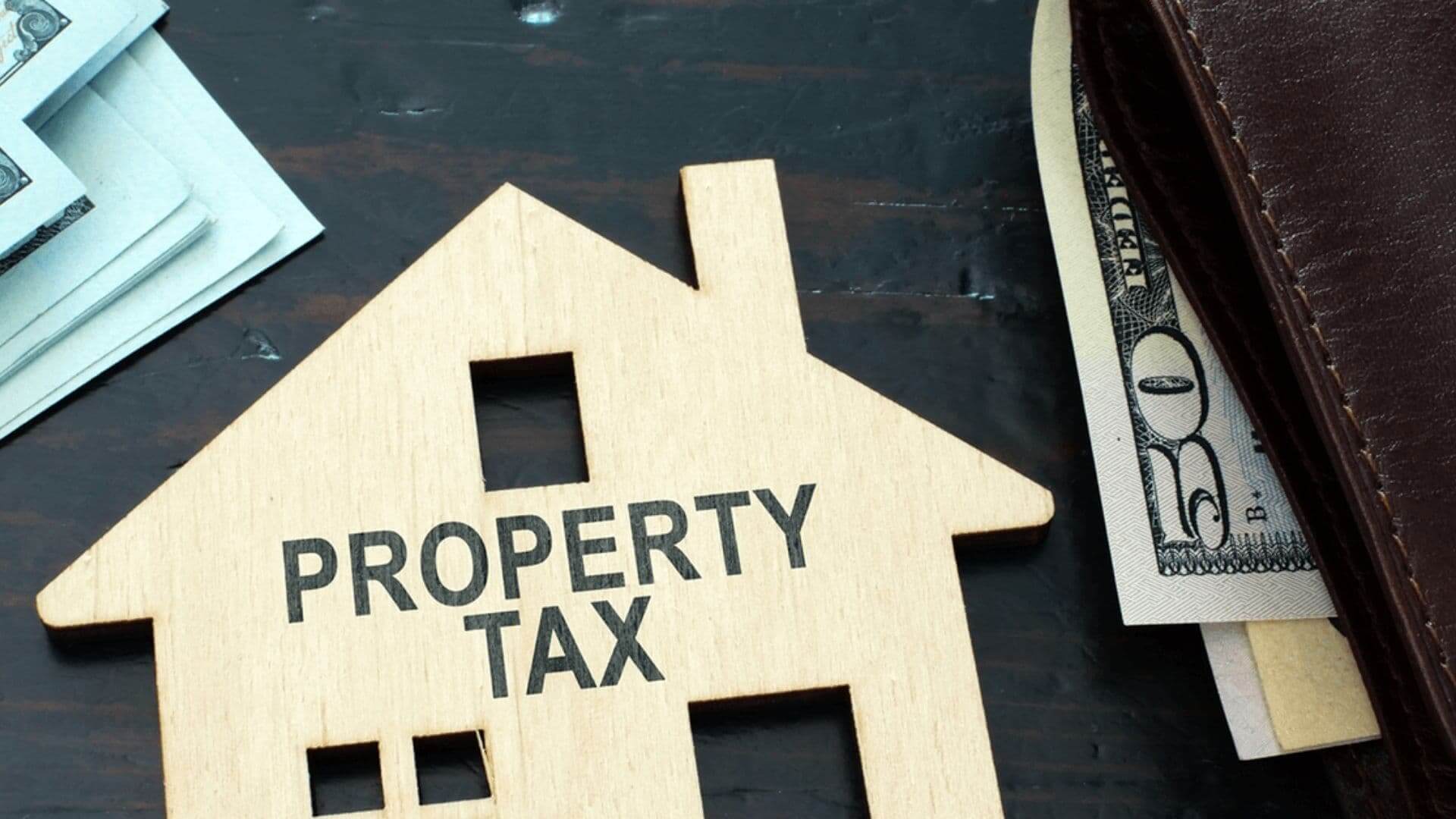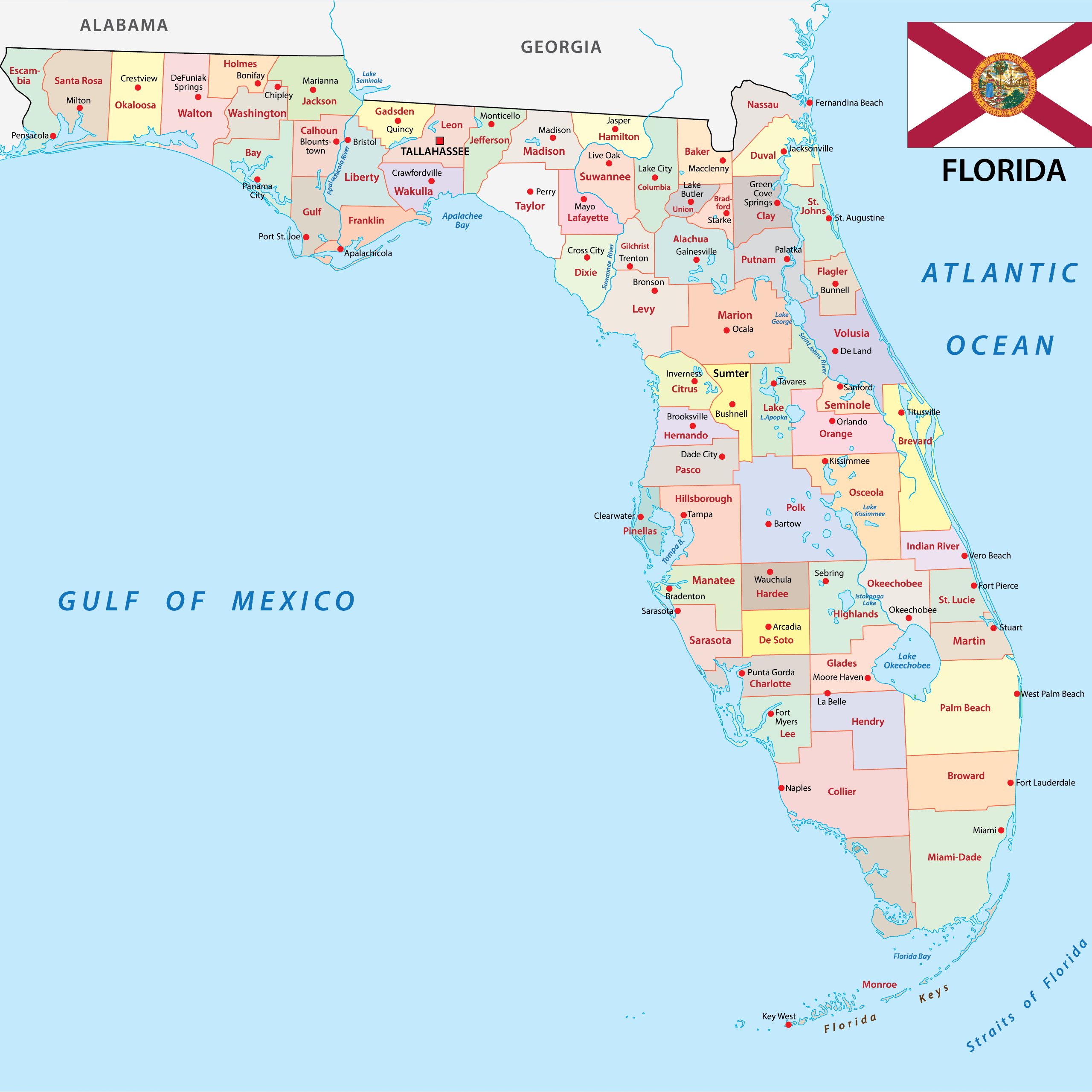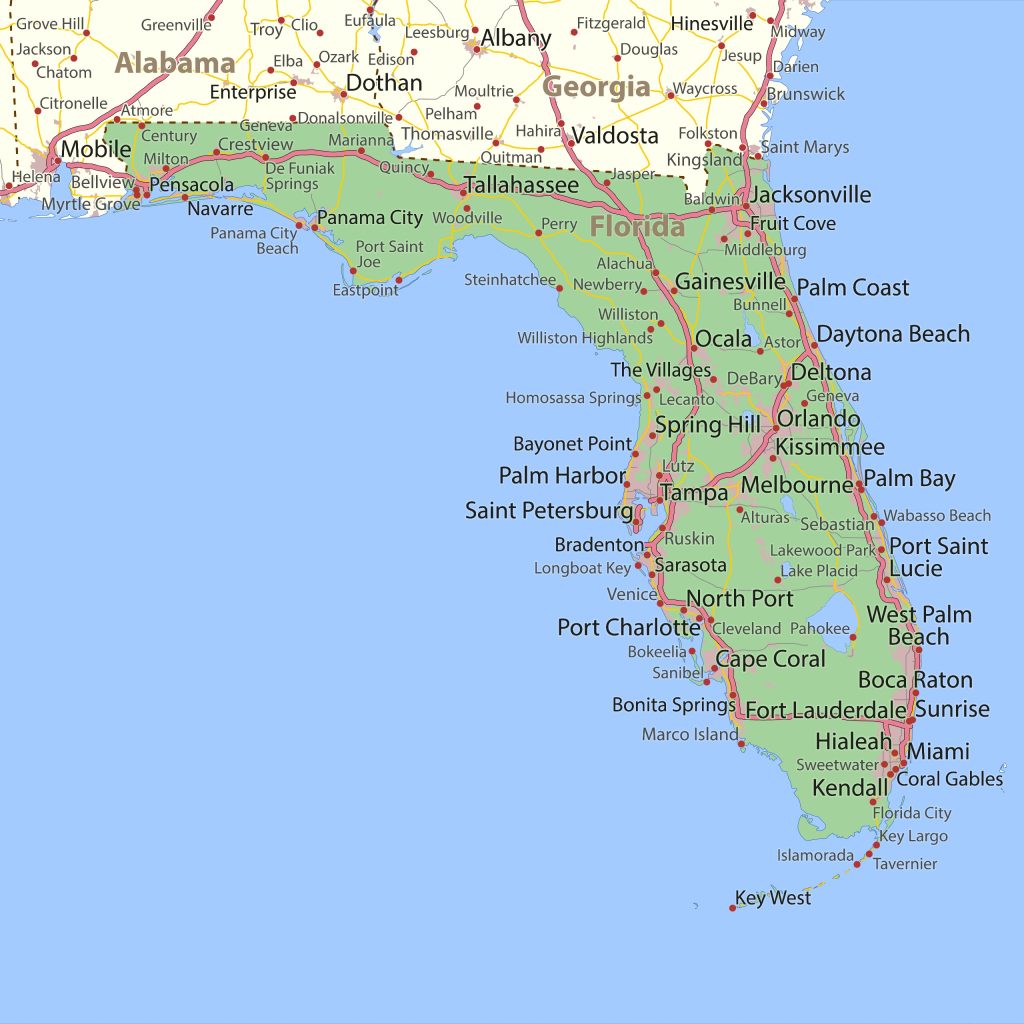In the ever-evolving landscape of U.S. politics, few issues have sparked as much debate as property taxes. In Florida, Governor Ron DeSantis has taken a bold stance on this matter, proposing sweeping changes that could significantly alter how property taxes are levied and utilized across the state. As the 2024 election cycle approaches, understanding the implications of these proposals is more crucial than ever.
The Current State of Property Taxes in Florida
Property taxes are local fees based on a property’s assessed value, which fund essential community services such as police, fire departments, parks, and schools. Unlike income tax, which goes to federal and state governments, property taxes support local budgets, covering a significant portion of municipal expenses.
In 2024, Florida’s effective tax rate was 0.91%, slightly below the national average of 1.02%. However, this figure masks the disparities between different counties and communities, where millage rates can vary widely. The assessed value of a home, determined by the county property appraiser, is generally lower than the market value, and various exemptions can further reduce the taxable amount.
DeSantis’ Vision for Property Tax Reform
Governor Ron DeSantis has long advocated for the abolition or significant reduction of property taxes, particularly for homeowners with homestead exemptions. His proposed measures aim to cut property taxes for these residents while maintaining funding for K-12 education. This approach has drawn both support and criticism from various stakeholders.
DeSantis has criticized the current legislative efforts as “political theater,” arguing that they do not represent a serious attempt to address the issue. He has called for a more comprehensive solution that would eliminate property taxes altogether for those with homestead exemptions.
The Proposed Property Tax Bills
The Florida Legislature has introduced eight bills aimed at reducing or eliminating property taxes. These bills include:
- HB 201: Eliminates all property taxes aside from school district levies for anyone with homestead exemptions.
- HB 203: Phases out non-school property taxes for homestead properties over 10 years.
- HB 205: Eliminates non-school property taxes for residents over 65.
- HB 207: Increases the homestead exemption for non-school taxes to 25% of the assessed value.
- HB 209: Provides a $100,000 exemption for homesteaders with property insurance.
- HB 211: Removes the $500,000 cap on transferring the homestead exemption.
- HB 213: Adjusts the annual growth cap on assessed values for homestead properties.
These proposals have sparked intense debate, with critics warning that cutting property taxes could lead to reduced community services and increased financial strain on local governments.
Impact on Local Communities
Property taxes are a critical source of funding for local governments, supporting essential services such as public safety, infrastructure, and emergency management. If property taxes are significantly reduced or eliminated, cities and counties may be forced to cut back on these services, potentially affecting the quality of life for residents.
For example, in cities like Hollywood, Miami Beach, and Fort Lauderdale, property tax revenue forms a substantial portion of their budgets. These funds are used to maintain streets, parks, and public works, as well as to support pension obligations for city employees.
Public Reaction and Alternative Solutions

Homeowners like Scott Irons, who recently purchased a home in Fort Lauderdale, have expressed optimism about the potential for tax relief. However, others, like Arlene Borenstein of the City of Hollywood, emphasize the importance of property taxes in maintaining essential services.
Some homeowners suggest alternative solutions, such as gradually reducing property taxes while exploring other funding mechanisms. For instance, Steven Whittingslow, a property owner in Florida, argues that not all homes are homesteaded, and a balanced approach might be more effective.
The Path Forward
If the proposed property tax changes are approved, they would need to go before voters as a constitutional amendment. This process would require 60% of the votes in both the state House and Senate to get on the ballot, followed by a statewide vote with a 60% approval threshold.
This high bar reflects the significance of the issue and the need for broad support. It also highlights the challenges of implementing such sweeping changes, as they would require careful consideration of the impact on local communities and essential services.
Conclusion
As the debate over property taxes in Florida continues, it is clear that the issue is complex and multifaceted. While Governor DeSantis and his allies push for significant reductions, others warn of the potential consequences for local governments and community services. Understanding the nuances of these proposals is essential for informed decision-making and for ensuring that any changes to the property tax system are equitable and sustainable.
For residents, staying informed about these developments is crucial. Whether you’re a homeowner, a renter, or a business owner, the outcome of these discussions will have a direct impact on your community and your finances.
Author: John Doe
Title/Role: Senior Political Analyst
Credentials: With over a decade of experience covering U.S. politics and policy, John Doe has provided in-depth analysis on key legislative issues affecting Florida and beyond.
Profile Link: LinkedIn Profile
Sources:
– Florida Department of Revenue
– Florida Association of Counties
– Florida TaxWatch
Internal Links:
– Understanding Property Taxes in Florida
– Florida Property Tax Exemptions
– How Property Taxes Are Calculated
Featured Snippet:
Property taxes in Florida are local fees based on a property’s assessed value, funding essential services like police, fire departments, and schools. Governor Ron DeSantis has proposed significant reductions, but the impact on local communities remains a point of contention.
Call to Action:
Stay updated with the latest news on property tax reforms in Florida and how they may affect your community. Explore our resources to learn more about your rights and responsibilities as a taxpayer.
URL Slug: /understanding-desantis-property-tax-2024
Image Optimization:
–
–
– 
–
–











More Stories
US Trending News: Affiliate Secrets Review
US Trending News: Understanding Alameda County Property Tax
Understanding Alameda Property Tax: A Complete Guide for Homeowners